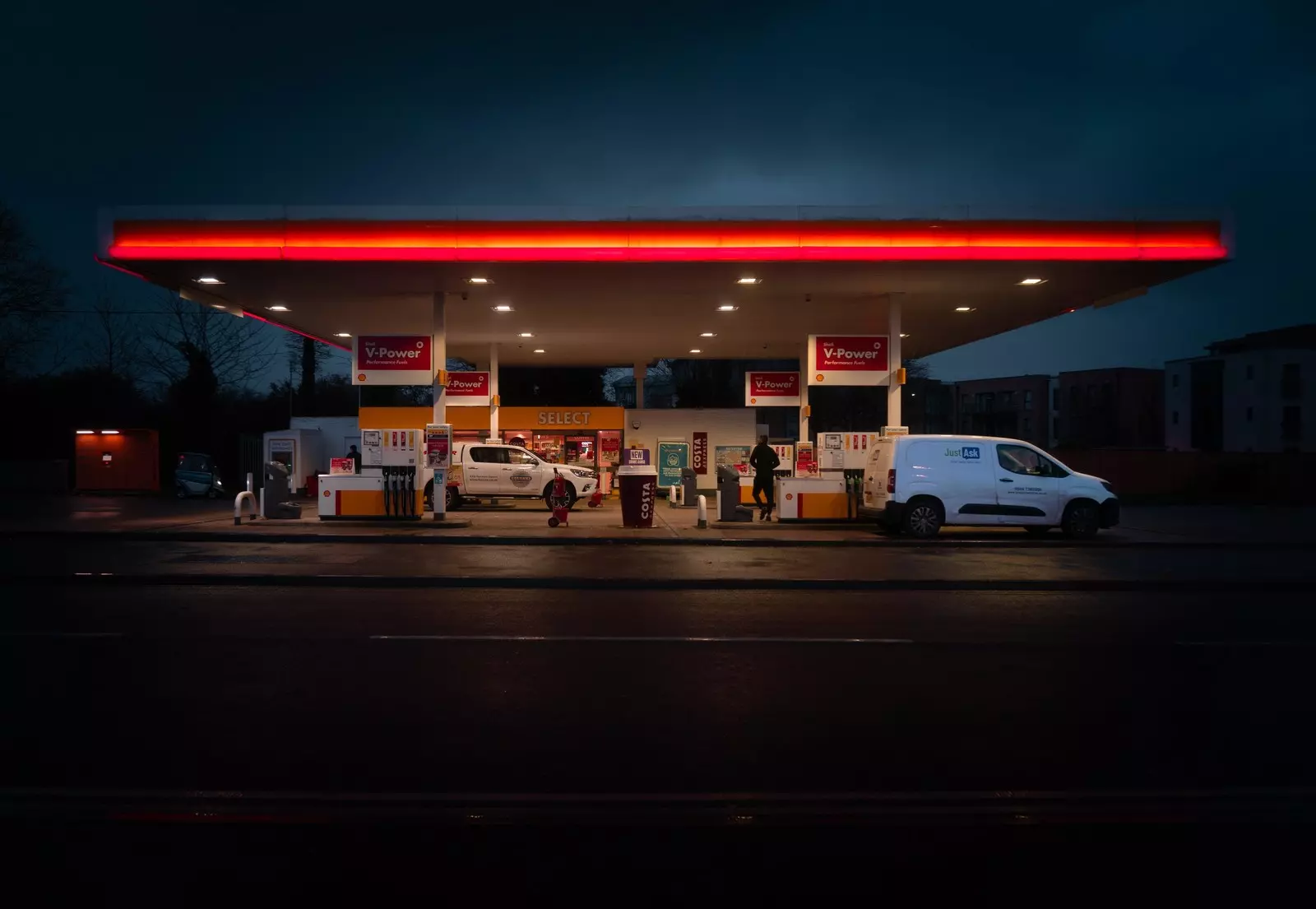Oil down on recession fears, France fuel shortages and more: What you need to know about the global energy crisis this week
12 October, 2022

The French government says almost a third of petrol stations struggled to get deliveries of at least one fuel product on Sunday. Strikes at refineries and depots have reduced production and blocked deliveries. Unions say the industrial action which has been on-going for around two weeks will continue.
A crime scene investigation into leaks in the Nord Stream 1 and 2 gas pipelines has found evidence of detonations, Sweden’s security service has said. Swedish and Danish authorities have been investigating four leaks after the pipelines, which link Russia and Germany via the Baltic Sea, were damaged.
The share of nuclear power in global gross electricity generation fell below 10% last year to the lowest in around four decades. 411 reactors were operating in 33 countries as of mid-2022, 27 below a 2002 peak of 438, according to the annual World Nuclear Industry Status Report.
African countries will use the COP27 climate talks in Egypt next month to advocate for a common energy position that sees fossil fuels as necessary to expanding economies, according to Reuters. "We recognize that some countries may have to use fossil fuels for now, but it’s not one solution fits all," said Amani Abou-Zeid, the African Union (AU) Commissioner for Infrastructure and Energy. An AU technical study has said that oil and coal will play a "crucial role" in expanding modern energy access over the short to medium term.
US Treasury Secretary Janet Yellen has announced a $950 million loan to the Clean Technology Fund, a multilateral trust that helps developing countries accelerate their transition from fossil fuels to clean energy. “We are committed to a net-zero economy by 2050,” Yellen said in a speech at the Center for Global Development, calling climate change “an existential threat to our planet”.
Indonesia plans to start commercial operation of a $17.8 billion hydropower plant with a capacity of 9 gigawatts in 2026. The Kayan Cascade project on Borneo island is a joint venture between the country’s Kayam Hydro Energy power company and Japan’s Sumitomo Corporation. The facility will be used to help power projects on the island including Indonesia's planned new capital city Nusantara.
The UK government says plans are in place to secure its energy supply for the winter. It comes after the National Grid warned of possible planned power cuts this winter in case of electricity and gas shortages.
Oil prices fell on Monday as investors took profits after a report on slowing economic activity in China, the world's biggest crude importer, re-ignited concerns about falling global fuel demand.
The slowdown in the economy of China, the world's second-largest oil consumer after the US, has added to growing concerns about a possible global recession.
There are also signs of slowing demand from India, the world's third-largest oil user. Government data on Friday showed that fuel demand in September fell to the lowest since November.
Oil prices had been edging up after OPEC+ agreed to tighten global supply with a deal to cut production targets by 2 million barrels per day (bpd). It’s the group's largest reduction since 2020.
US President Joe Biden has expressed disappointment over the OPEC+ announcement and said the United States was looking at ways to keep prices from rising. The White House has said Biden would continue to assess whether to release more supplies from the Strategic Petroleum Reserve and would look at other ways to reduce Britain has launched its first oil and gas exploration licensing round since 2019 to try to boost domestic hydrocarbon output. Oil and gas production in the North Sea has fallen to around 1.5 million barrels of oil equivalent (boed), from an estimated 4.4 boed at its peak in 1999. The sea contains dwindling reserves of the global Brent benchmark grade oil.
Britain imported close to 40% of its energy last year, according to government data. British fields provided around 38% of its gas and 75% of its oil demand, according to the OEUK offshore industry body.
The country is looking to increase domestic supplies to help combat record energy prices. The government has been forced to spend tens of billions of pounds to help limit the impact on domestic and commercial users.
Britain has decided not to join an alliance of countries vowing to stop new oil and gas projects on their territory. However, the Conservative government has said this will not hinder its aim of building a net-zero economy by 2050.
However the move has prompted criticism from environmental groups and also goes against the International Energy Agency’s call for no new investment in oil and gas exploration if the world wants to reach net-zero by 2050.
Useful Links:
Source: www.weforum.org
